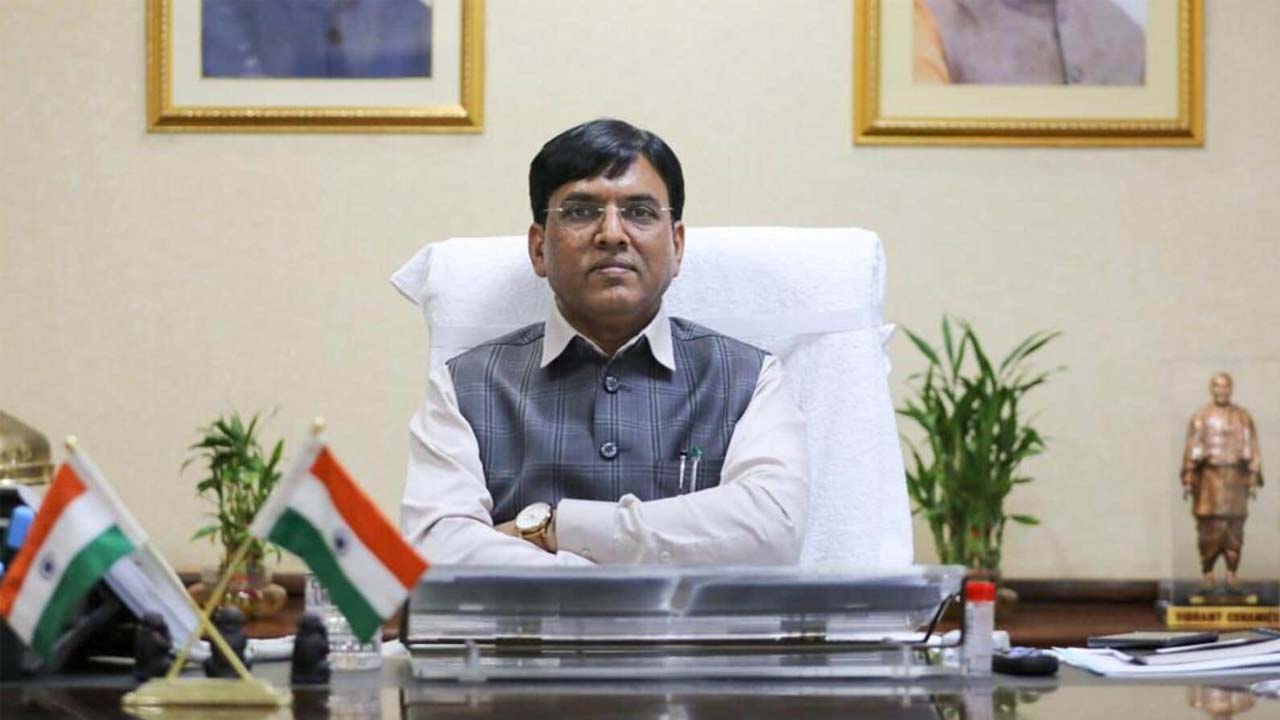A collaborative initiative of the Ministry of Health and Family Welfare, Indian Council of Medical Research (ICMR), State Governments, and World Health Organization-India, India Hypertension Control Initiative (IHCI) - a hypertension intervention program meant to take care of hypertensive patients has won the ‘2022 UN Interagency Task Force and WHO Special Programme on Primary Health Care Award’ at the UN General Assembly event held on September 21 in New York.
The India Hypertension Control Initiative (IHCI) is a multi-partner initiative, implements and scales up a public health hypertension control program across India.
The award recognizes the outstanding commitment and action of India to:
- Prevent and control Non-Communicable Diseases (NCDs)
- Deliver integrated people-centric primary care
The UN Task Force has identified an organization that has a multisectoral approach to prevention and control of NCDs and multisectoral action with demonstrated results in primary care for prevention and control of NCDs and related Sustainable Development Goals (SDGs).
The initiative was launched in 2017 and expanded in a phased manner to cover more than 130 districts across 23 states. Under the initiative, more than 34 lakh people with hypertension are taking treatment in government health facilities, including Ayushman Bharat Health Wellness Centres (HWCs). The project strategies are easily scalable within the health system. The strategies include a simple drug-dose-specific standard treatment protocol, ensuring adequate quantity of protocol medications, decentralization of care with follow-up and refills of medicines at Health Wellness Centres, task sharing involving all health staff, and a powerful real-time information system that can track every patient for follow-up and blood pressure control. Under IHCI, nearly half of those who were treated had blood pressure under control.
The significance of the initiative can be adjudged by the fact that one in four adults in India has high blood pressure. The control of hypertension at the primary care system level will contribute to reducing deaths due to heart attacks, stroke, and kidney failures.

 India has won an UN award for its “India Hypertension Control Initiative (IHCI)â€, a large-scale hypertension intervention under National Health Mission.
India has won an UN award for its “India Hypertension Control Initiative (IHCI)â€, a large-scale hypertension intervention under National Health Mission.










.jpeg)








.png)
.png)

.png)
.png)
.png)

.png)
.png)
.png)

.png)
.png)